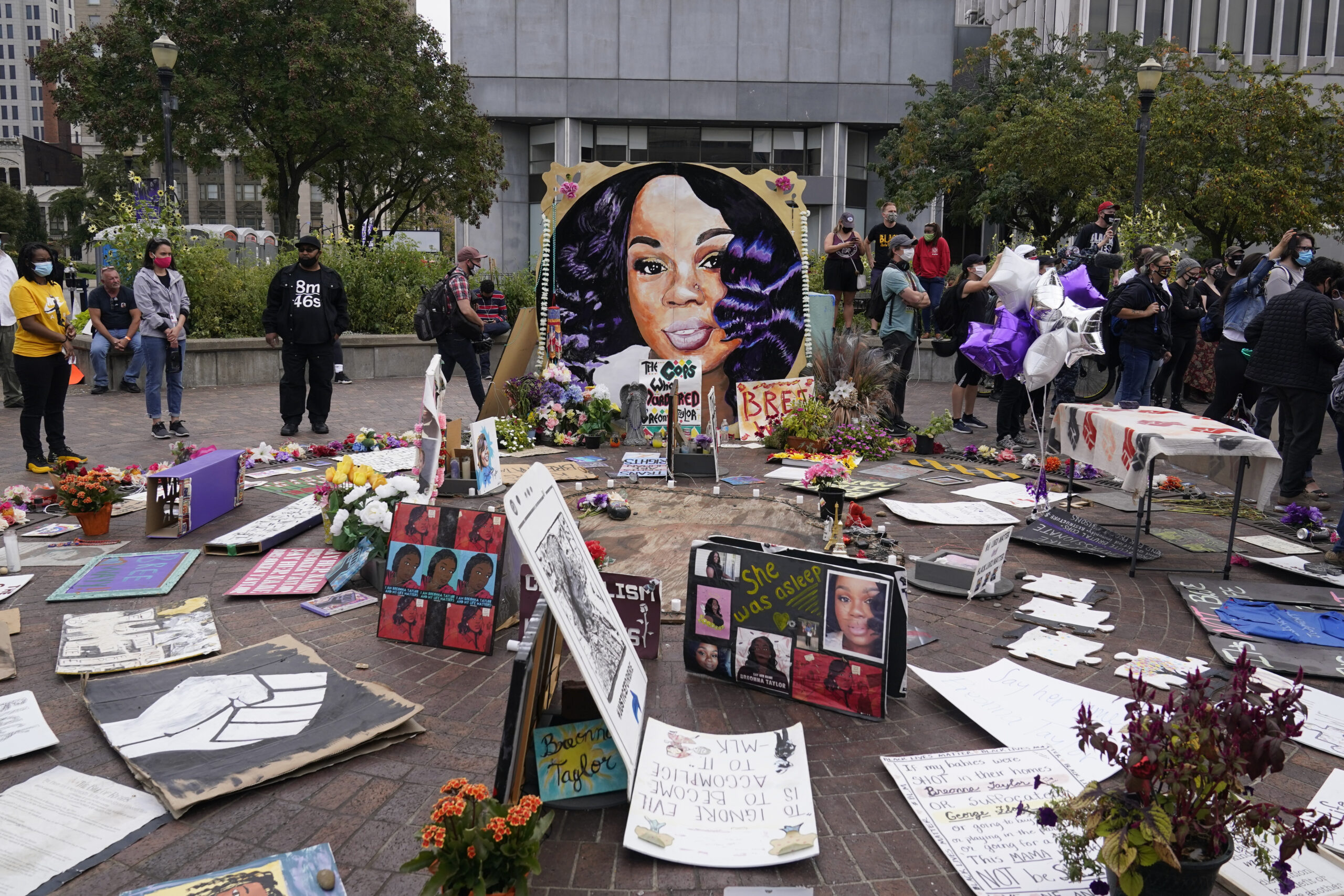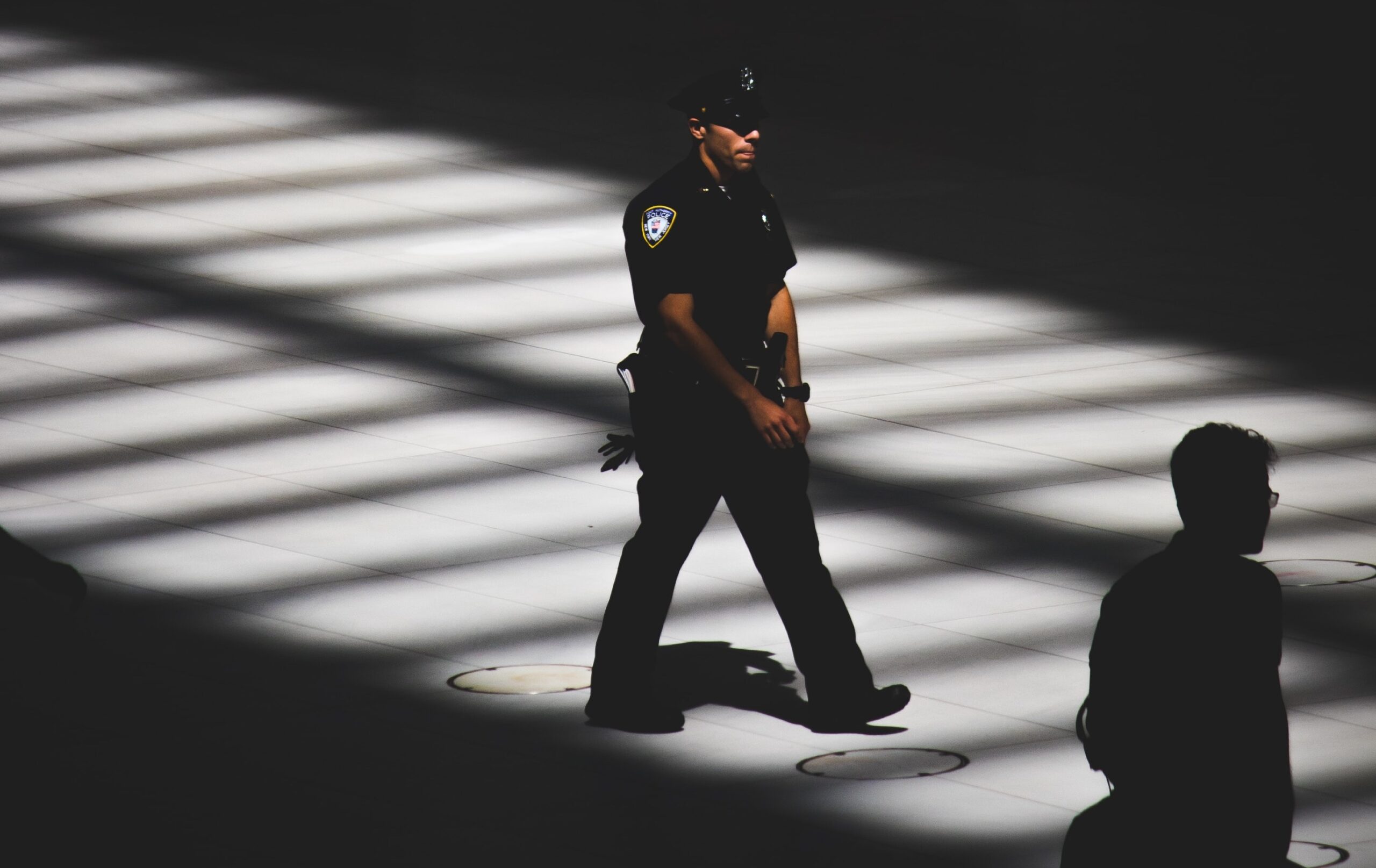Grand Jury Fails to Hold Police Officers Accountable for Breonna Taylor’s Death
09.23.20 By Innocence Staff
A grand jury indicted one of three police officers involved in Breonna Taylor’s killing in Louisville, Kentucky, today. The charges against Brett Hankinson, the only officer to be fired so far in connection with the case, stem from shots he fired into a neighboring apartment. To date, neither he nor any of the other officers involved have been held accountable for their roles in Taylor’s death.
The announcement has been met with renewed protests and calls for greater accountability, a cause to which the Innocence Project is deeply committed.
Among the thousands of people exonerated in the last 30 years, half were wrongfully convicted in cases involving police and/or prosecutorial misconduct, according to a recent report from the National Registry of Exonerations. Yet, through mechanisms like qualified immunity and “cooling off periods,” officers accused of or known to have engaged in misconduct often receive more legal protection than innocent people. Without meaningful police accountability, such misconduct can and does lead to injustice, including wrongful convictions, and — as in Taylor’s case — needless death.


In times like these, I wish so badly that I had become a lawyer. I hope my children follow where you lead. Thank you, genuinely, for your service.